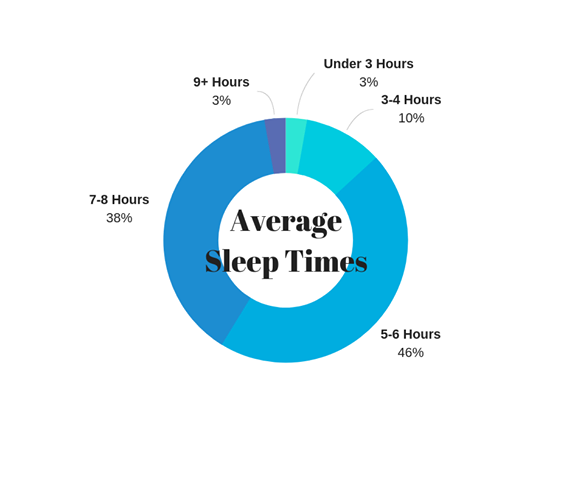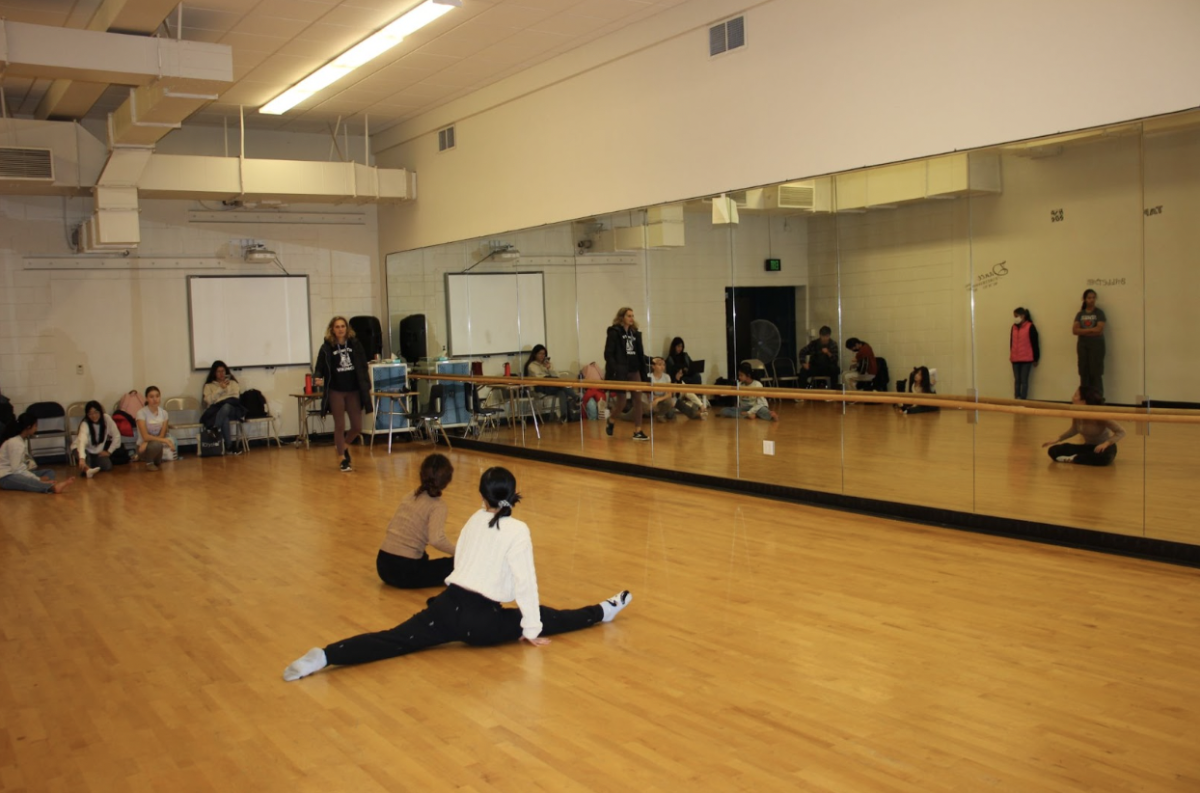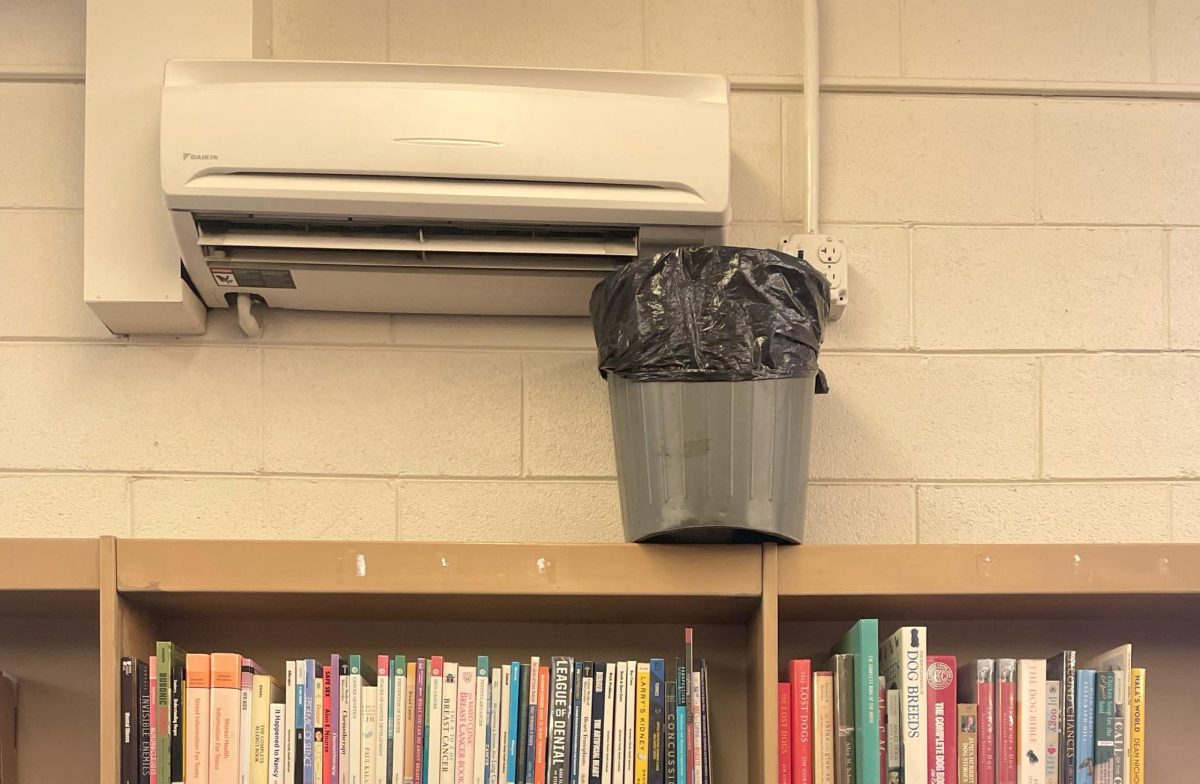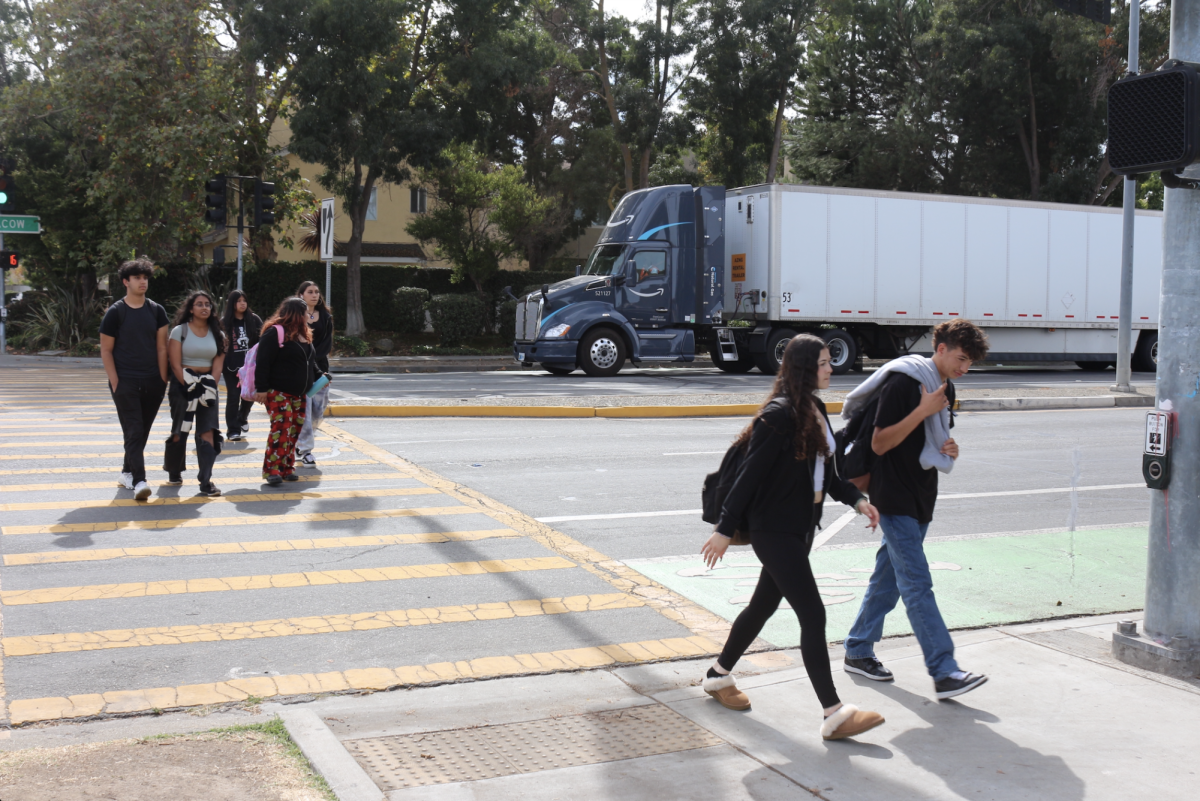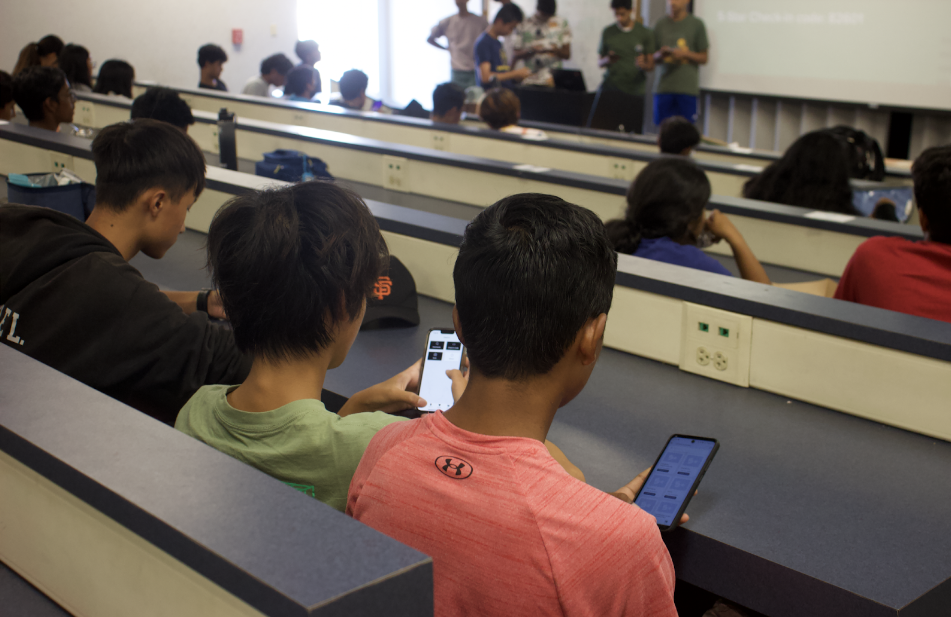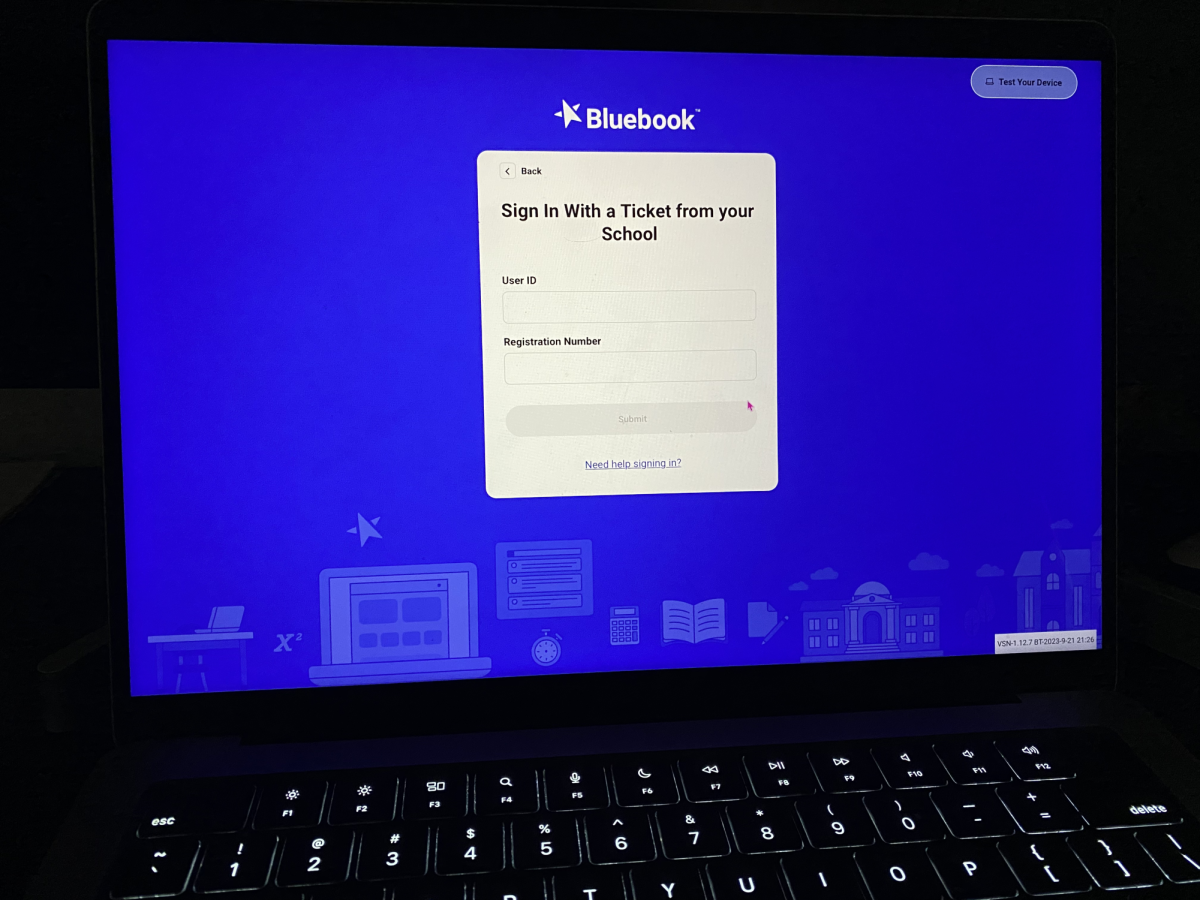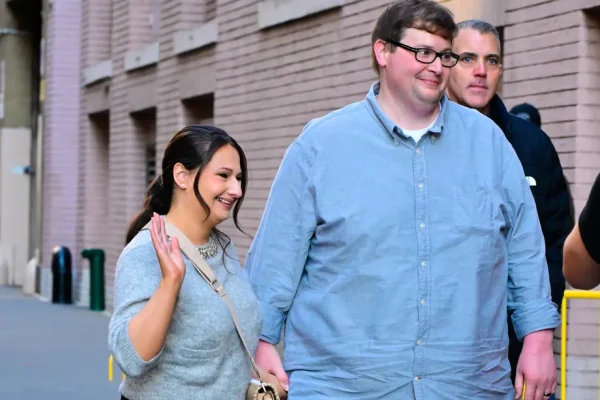An Extra Hour a Day Keeps the Depression Away
October 30, 2018
First period in Irvington starts at 8 a.m., meaning that students must wake up at around 7 a.m. to get to school on time. This is assuming that they do not have a zero period, live far from the school, or wake up earlier to study and finish homework. Irvington needs to start at least half an hour later, as even a minor change would lead to better academic performance and improved mental and physical health in students.
Let’s start with the biology: teenagers need an average of 9.25 hours of sleep, and their body’s natural circadian rhythms are set up quite differently from those of adults. Melatonin, the hormone that makes humans sleepy, is normally released in anticipation of darkness and generally follows an approximately 24 hour cycle. A 2008 study published by professors of neurology at Brown University found that teenagers experience a delayed release of melatonin, leading their bodies to naturally stay up late and wake up late. Looking at Irvington specifically, a survey found that only 2.9% of students sleep enough. This is particularly concerning when compared to the national average of 27.3%. So, an 8:00 a.m. start time actively disrupts students’ natural sleep schedules and leads to them being groggy and tired in their morning classes.
This leads to lower attendance rates and lower academic performance. In fact, a 2014 survey by the American Psychological Association found that schools that start after 7-8 a.m. consistently report higher attendance rates, GPAs, and standardized test scores. This is because sleep is required to maintain focus and promote long term memory. The same study also found that these schools needed to take less disciplinary action and students were far less likely to fall asleep in class, again contributing to higher academic performance.
Academic performance isn’t the only thing that benefits by later starting times. Students’ physical and mental health also greatly improve. According to a 2016 study from the University of Minnesota, schools that start later experience 13% fewer car accidents involving students. The same study also found that students that get more sleep in the morning are far less likely to report symptoms of depression and, consequently, are less likely to be overweight, drink, smoke, or use illicit drugs. It’s precisely for all of these reasons that the American Academy of Sleep Medicine, which includes more than 10,000 specialists, states that schools should start no earlier than 8:30 a.m..
Despite all of this, opponents have argued that starting school later not only causes students to procrastinate more and sleep later at night, but also takes away time from after school activities, forcing parents to adjust to the new schedule. And while the second argument is technically true, the majority of schools in North Dakota and Alaska start at 8:30 a.m., proving that it is far smaller of a problem than its proponents make it out to be and that it is absolutely possible to adjust to a later start. And even if some time is taken away from extracurriculars, isn’t embettering the physical and mental health of students more important?
Irvington needs to adjust its schedule to a late start, as even an extra half an hour of sleep in a day ensures the mental health and academic success of students.


